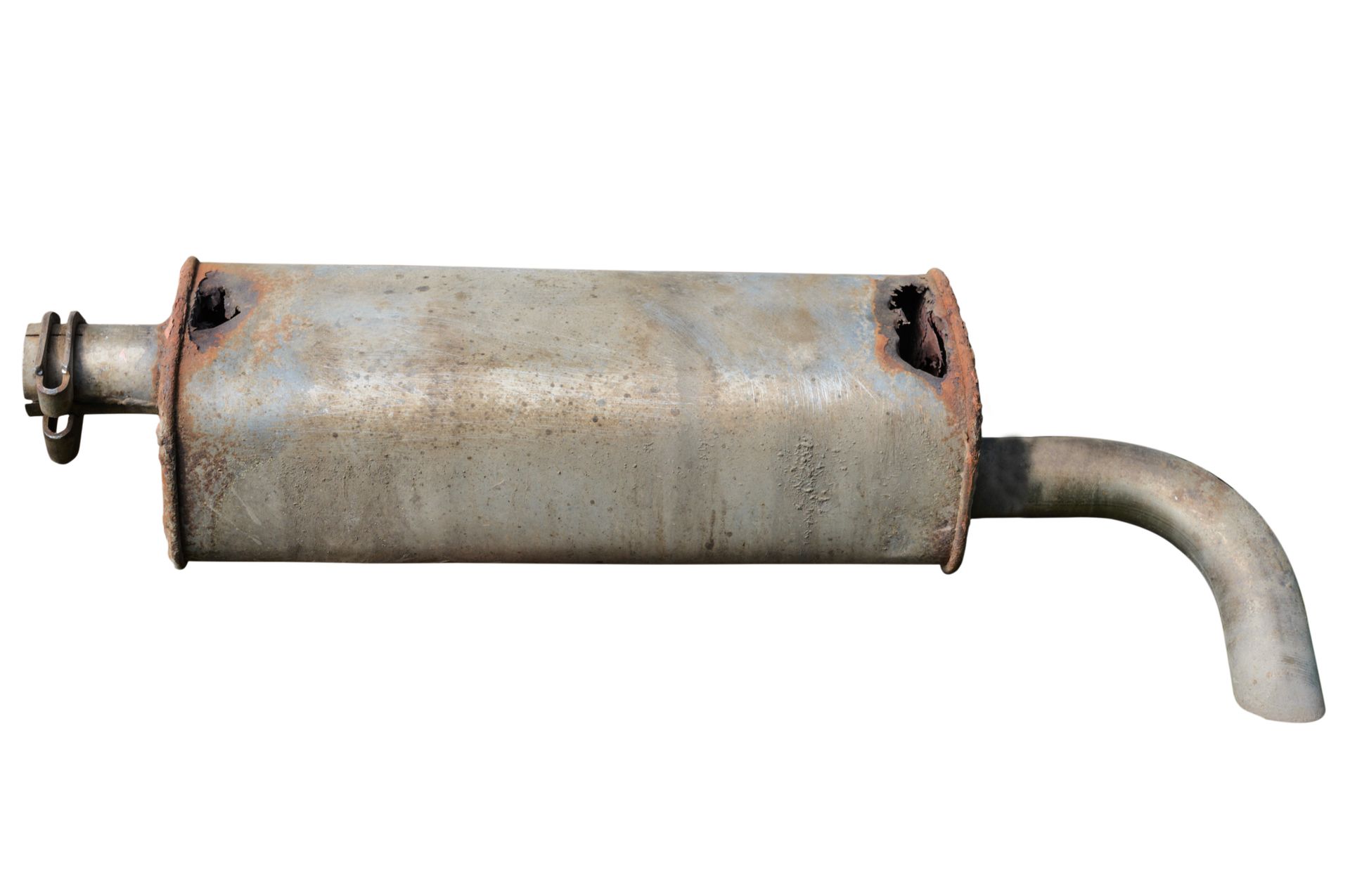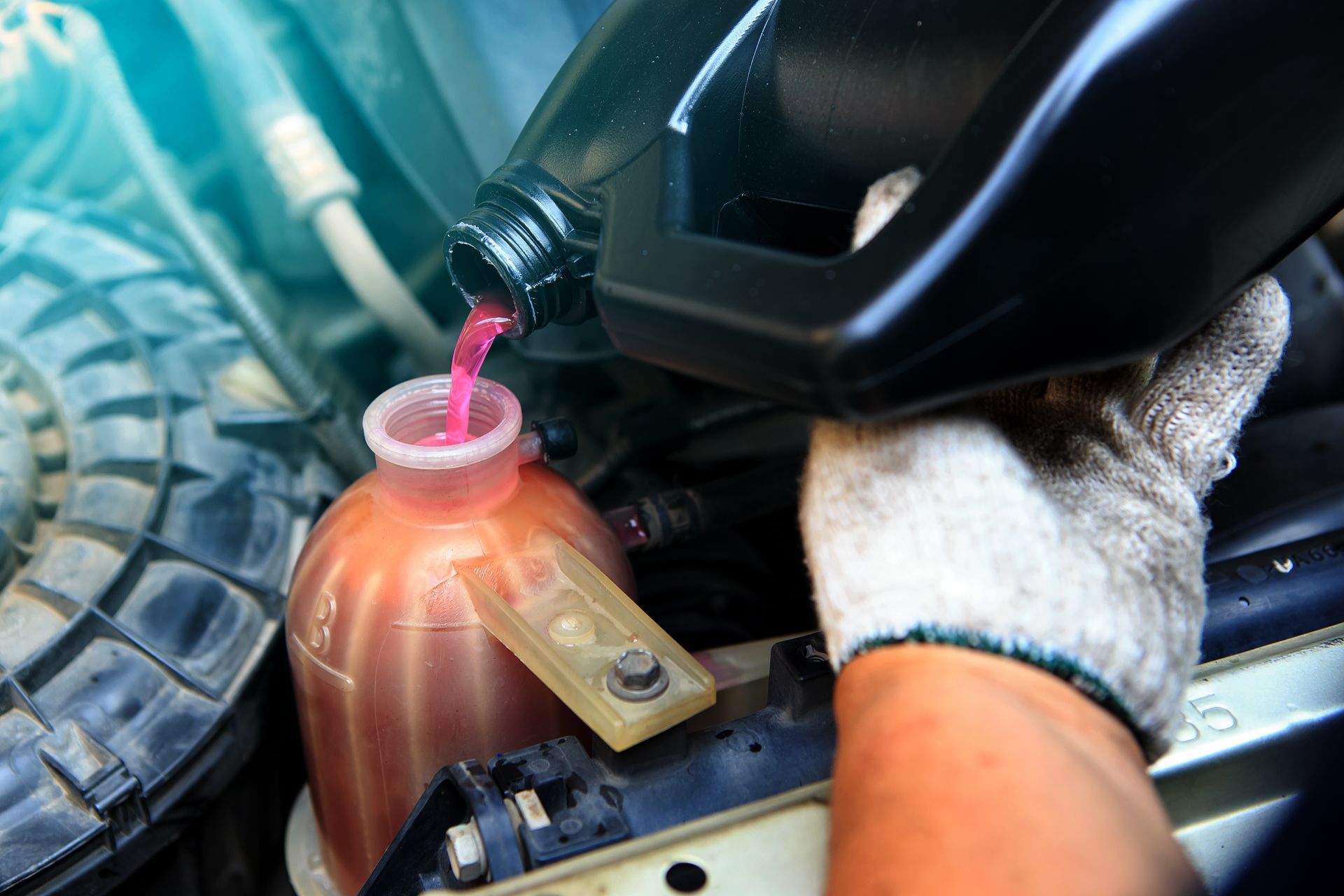Blog

July 25, 2025
When your car starts drifting or pulling to one side while driving, it can make even a short trip stressful and potentially dangerous. A car that doesn’t track straight can affect your control, wear out your tires unevenly, and signal underlying problems that need immediate attention. Understanding the reasons behind this issue can help you act quickly to keep your vehicle safe and comfortable on the road.

June 27, 2025
BMW owners enjoy a combination of luxury, performance, and technology, but that level of engineering comes with the responsibility of proper maintenance. While BMWs are built for long-term driving enjoyment, neglecting their service needs can lead to expensive problems that could have been avoided. Whether you drive a 3 Series, 5 Series, X5, or M model, staying proactive with care is the best way to extend the life of your vehicle.

April 25, 2025
Car batteries are taken for granted—until something goes wrong. While it's rare, a car battery that overheats or catches fire is a serious risk. These types of failures don’t just kill the battery; they can damage your electrical system, start an engine fire, or put you in real danger.

March 28, 2025
As winter comes to an end and temperatures rise, many drivers in Raleigh, NC, encounter seasonal car troubles. The transition from cold weather to spring warmth can impact various vehicle components, making it an ideal time to address any lingering wear and tear from winter. Whether it's pothole damage, weak batteries, or air conditioning issues, taking care of these problems promptly helps ensure your car runs smoothly throughout the warmer months.







